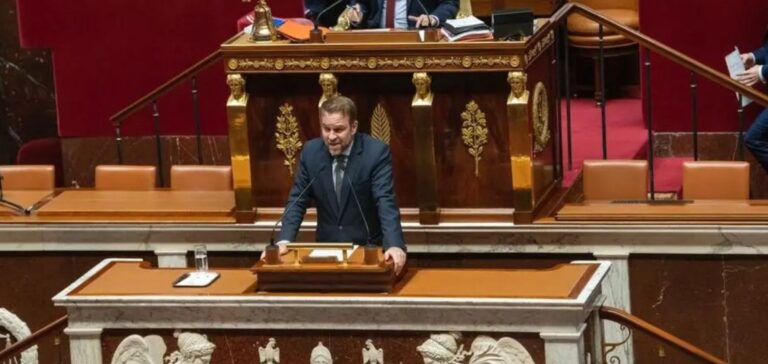The future of oil exploration in France continues to divide the government. Energy Minister Marc Ferracci has opposed the proposal by his counterpart, Overseas Minister Manuel Valls, who wants to reopen the debate on the ban on hydrocarbon exploitation, particularly in French Guiana. This initiative would challenge the 2017 Hulot Law, which ended oil exploration and exploitation in France.
A Debate Revived in the Senate
Manuel Valls expressed in a Senate speech his desire to engage in discussions on this ban. He justified his proposal by citing the rapid progress of neighboring countries such as Guyana, Suriname, and Brazil in prospecting and oil exploitation. According to him, this regional trend could pose a competitiveness risk for France and its overseas territories.
Firm Opposition from the Government
Marc Ferracci has firmly rejected this proposal, emphasizing the need to maintain consistency with France’s international commitments. He highlighted the investments already made in decarbonizing the economy and transitioning to alternative energy sources. In his view, reopening the question of oil exploration would contradict current policies aimed at reducing fossil fuel dependence.
Economic Alternatives for French Guiana
In response to arguments regarding French Guiana’s economic development, the Energy Minister suggested other growth avenues. He cited access to mineral resources, particularly gold, and the development of tourism as economic drivers for the region. These solutions would allow economic growth without compromising France’s international commitments.
A Regulatory Framework to Uphold
Marc Ferracci also emphasized the importance of regulatory stability, reminding that France is a leader in decarbonized energy, including in its overseas territories. He highlighted the Paris Agreement as a fundamental reference point, stressing the need for a consistent approach in light of other countries’ decisions, such as the recent withdrawal of the United States.
While Manuel Valls’ proposal raises strategic questions, it faces a clear governmental stance. Oil exploration in French Guiana is unlikely to be reconsidered in the short term, as the priority remains maintaining decarbonization efforts.





















